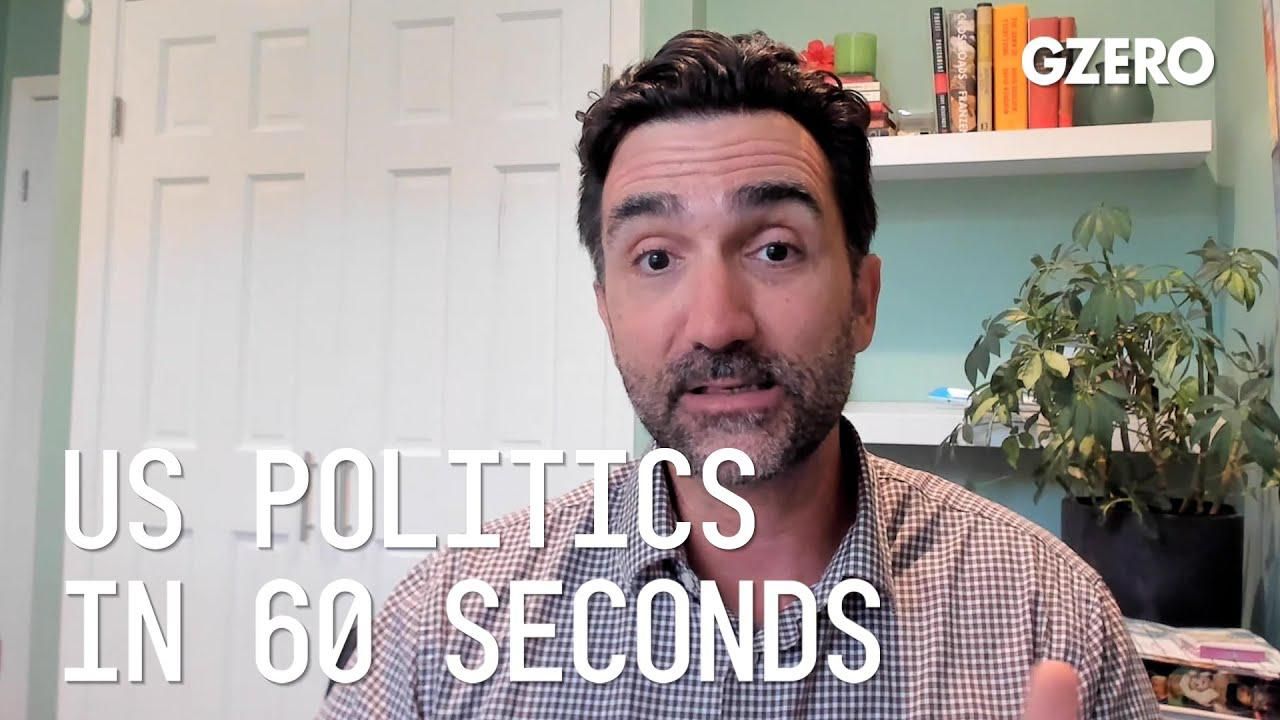
Jon Lieber, head of Eurasia Group's coverage of political and policy developments in Washington, discusses Washington's response to the Buffalo shooting.
How is Washington responding to the Buffalo shooting?
Multiple mass shootings this weekend were quickly picked up by partisans on both sides who filtered them through purely political lenses. And notably those lenses ended up being about something other than gun control. Sadly, gun violence has become so common in the United States that the shootings that generate national news coverage tend to be those that fit, that can be most easily politicized. There have been at least 200 incidents involving four or more victims so far in 2022, and these shootings will not move the needle on policies that could prevent them and it's notable that so few politicians are even trying at this point. The national media response tends to see more significance in the political context of the shooting than in the shooting itself.
For example, a number of mainstream outlets and journalists focused on a manifesto left behind by the white supremacist who killed 10 people in Buffalo, New York, and immediately linked it to conspiratorial views from the far-right fringe of conservative politics and media. In contrast, conservatives and social media drew attention to street violence in Chicago and Milwaukee as proof that Democratic cities are overrun by crime due to lax policing policy and mismanagement. Meanwhile, yet another mass shooting at a predominantly Asian church in Southern California went largely unnoticed due to its lack of fit in political narratives.
It almost goes without saying that there's little hope for legislation that would respond to any of these shootings anytime soon. This is yet another intractable political issue in the United States with roots in constitutional law. And in fact, one watchpoint for the year is a potential Supreme Court case involving concealed carry regulations in New York that could potentially be a massive setback for gun restrictions nationwide, which will become yet another cultural flashpoint over a deeply polarizing issue.